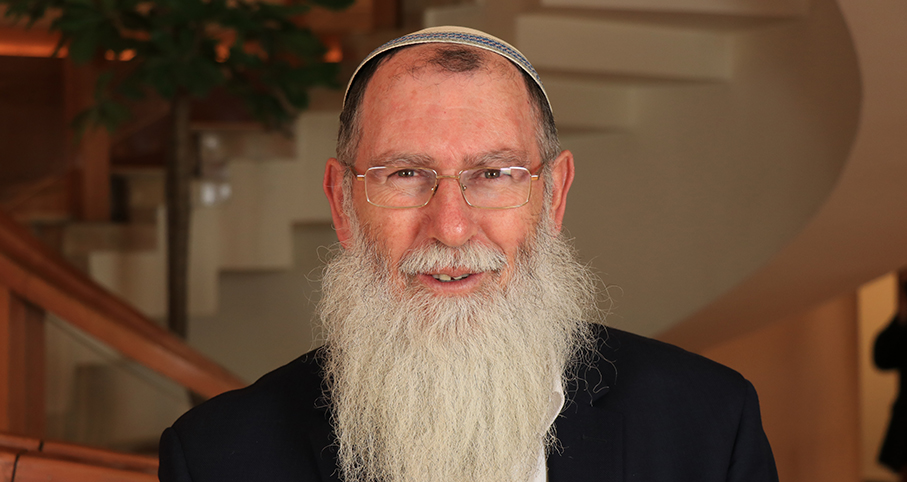Beit Midrash
- Torah Portion and Tanach
- Shmot
- Ki Tisa
But could there be another reason for the census appearing in this Parsha?
4 times within 5 P’sukim the word "Kofer," or "Kapara" is used. The usual translation of this word is "atonement," suggesting that by joining in a community-wide effort to maintain the Mishkan, we would be forgiven for our sins. Fair enough.
But I want to suggest that these donations are also directly linked to the sin of the Egel Zahav. The root KFR can also mean rejection, or denial of Hashem, as in "Kefira," When we chose to worship a calf – a symbol of idolatry that we knew from our days in Egypt – we were insolently insulting G-d, & so we were in dire need of saving our souls.
But why did we do it?! Why, so soon after the Exodus & Ma’amad Har Sinai, just when Moshe was bringing down the Luchot, did we have the Chutzpah to proclaim that an inanimate object was a replacement for the living G-d?
The incident of the Calf begins, "And it was when Moshe delayed his descent from the mountain…" The unusual word used here for "delayed" (the only time it appears in the Torah!) is "Boshesh." It clearly connects to "busha," or shame. The nation was so ashamed of itself & unsure of its own merit, so sure that they needed an intermediary to reach Hashem, that they freaked out when Moshe seemed to be late, & frantically created a demi-god to take Moshe’s place.
The way to restore the people’s confidence in themselves was to count them, to indicate that each & every person is valuable & counts in G-d’s eyes. The strange term the Torah uses here for counting, "Ki Tisa" - to "lift up" (the heads of the people) sends the image that we can all hold our heads up high, knowing that Hashem loves & wants us. And the fact that money is involved pits our silver against the calf’s gold & thus we are "makdim refua l’maka," we administer the antidote prior to the ailment - just as we are doing regarding Haman's payment.
So, people of Israel, hold your heads up high, don’t lose faith in yourself & don’t be "cowed" by others. Remember: YOU are golden - Hashem loves you – and you count!
Israel, Gentiles, & Gog U'Magog
Rabbi Zalman Baruch Melamed | Adar I 16 5782

“I Shall Dwell in the Midst of Bnei Yisrael” – part I
Rabbi Yossef Carmel | Adar I 14 5782

Purim-The Vulnerability of Man
Rabbi Sholom Gold | 5765






















